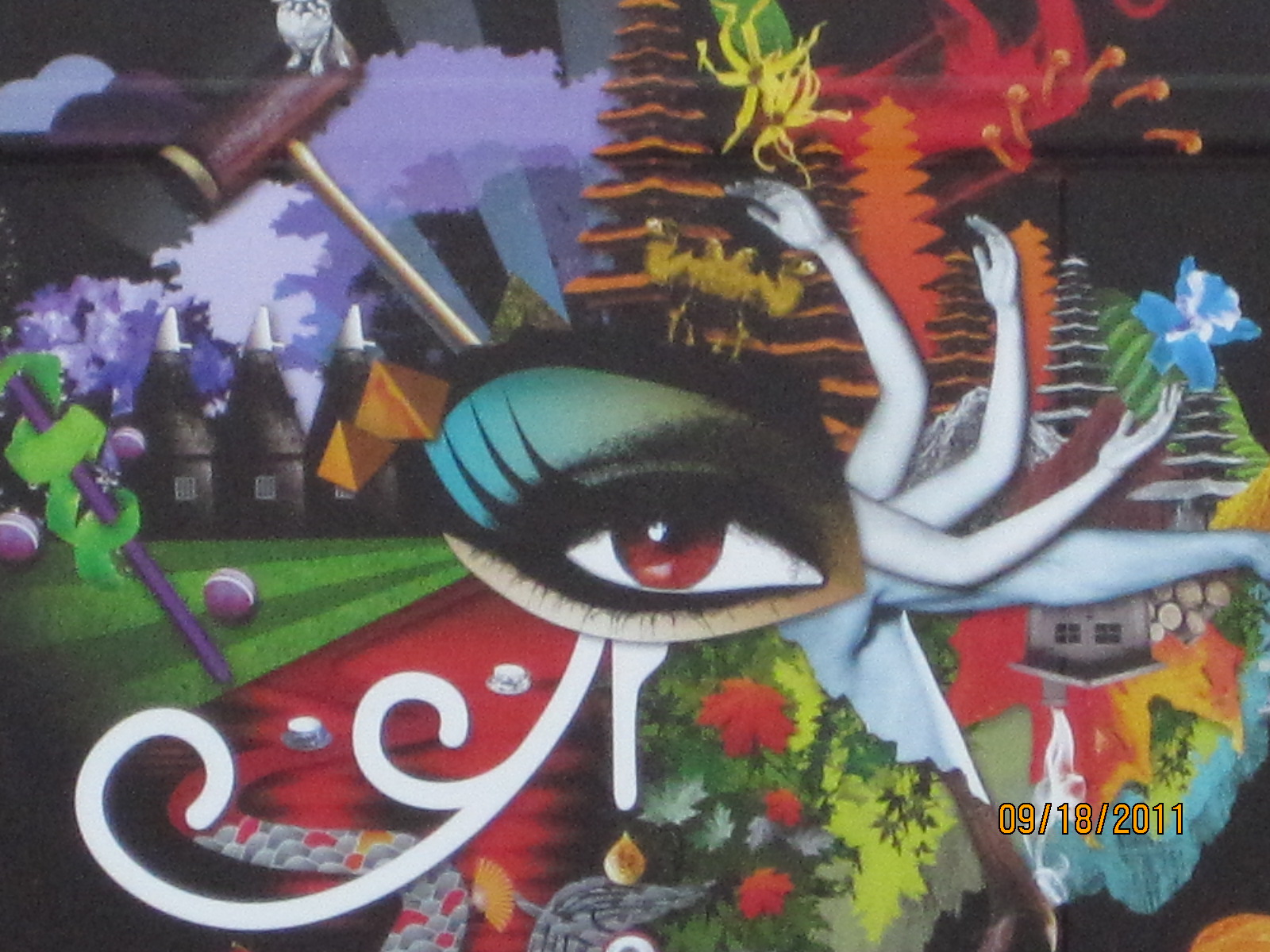In today’s Wall Street Journal, several responses to Amy Chua’s parenting methods were identified in “Letters to the Editor.” Here they are:
Winston Chung, M.D. of San Fransisco writes: While I am impressed by Amy Chua’s tenacious parenting…I am concerned with her black-and-white message. A Machiavellian approach to achievement and a Confucian-influenced parent-child dynamic may have contributed to rapid growth and prosperity in China, Japan and Korea, but it comes at a price. As of 2009, World Health Organization statistics indicate that China has the highest rate of female suicide in the world. Korea has one of the highest suicide rates in all industrialized nations and Japan is not far behind. Asian-American adolescent girls have the highest rates of depressive symptoms compared to all racial and gender groups. As someone who works in child and adolescent mental health in the largest Chinese community outside of Asia, I have seen some of the consequences of the relentless drive for success, and I encourage families to consider balance. We in the West could benefit from increasing our resilience and diligence in Ms. Chua’s manner, but it is just as important that Eastern parenting styles adopt values that include healthy social development and loving relationships as measures of success.
Kai L. Chan of New York writes: Although the way Ms. Chua raised her children may be typical of many high-achieving Chinese families, there are many Chinese families who live quite the opposite life. According to recent Census data, the majority of Chinese people grow up in low-income households, and within this group children typically do not play musical instruments or devote many hours to homework. I grew up in a very poor Chinese family in which none of my siblings completed post-secondary schooling. I was arrested twice as a teenager and dropped out of high school before eventually finishing at age 20. However, I did go on to earn a doctorate. Because the “superior Chinese mother” stereotype is so ingrained into society, few outreach programs target at-risk Chinese youths. Some of my childhood Chinese friends are now in jail or are drug addicts because people in authority always thought our households resembled Ms.Chua’s.
Audrey Lengbeyer of Annapolis, Md. writes : I, too, was not allowed not to play the violin or piano, was not allowed to be in the school play, was asked why I lost two points when I brought home a 98, and was grounded if I got any grades other than As. I was a nationally competitive violinist and enough of a math scholar to be courted by multiple Ivies and top conservatories. But at what cost? When my parents called me garbage, fat, lazy, selfish and myriad other tough-love names, I heard them loud and clear. I heard that my value was measured in my conformity to their preordained requirements for a cookie-cutter, high-achieving daughter. As an adult I have struggled to overcome the feeling that I don’t deserve love and loyalty unless I perform well. My relationship with my parents is still frigid and distant. Now that I’m a mother myself, of three joyful and unique daughters, I would be heartbroken if they grew up unable to turn to their parents in their most difficult moments.
Simmie Moore of Aiken, S.C. writes: Predictably, Amy Chua’s article will be received with howls of protest by the professional enablers of under-achievement and their minions. And the Western parents, trapped in their own extended adolescence, will be defensive and in denial. The truth is, raising a child to be accomplished and outstanding is much to be preferred to raising a “well-rounded” mediocrity leading a frantic life of desperation.
Tim and Betha Millea of Davenport, Iowa writes: Our heads are nodding enthusiastically in response to the recent articles regarding America’s “wussification” and the superiority of Chinese parenting philosophy. Although our Irish Catholic parenting approach was not as rigid, we spent many years knowing that we were “the only parents” who did not allow TV on school nights, videogames in the house or regular dating until the senior year of high school. Yes, there was angst and argument, but we all survived. Parental hidsight is not 20/20, but we have been quite content with being “the heavies” during our children’s formative years. Coddling does not prepare them for the real world, and the constant whine of “it’s someone else’s fault” is a psychological virus that infects them for a lifetime. High expectations for performance and behavior combine to help form a confident, focused adult.
I think most of us will agree that the Millea’s found the right balance about which Dr. Chung spoke in the opening response. Children need guidance for sure. Our 24-year-old daughter still looks to us, after weighing all her options, for that final, small nod of agreement. Values and guidelines instilled very early on, and maintained through adolescence, does indeed groom children for citizenship in society. Uncluttered minds make for organized lives, in the best sense of the term. Wending their way through life’s jungle can overwhelm, and undermine. So help them we must. But abuse them, physically, mentally or emotionally, we must not. They, after all, are US, not yet all grown up.
 for balance in parenting, huge hugs…hugmamma.
for balance in parenting, huge hugs…hugmamma.



